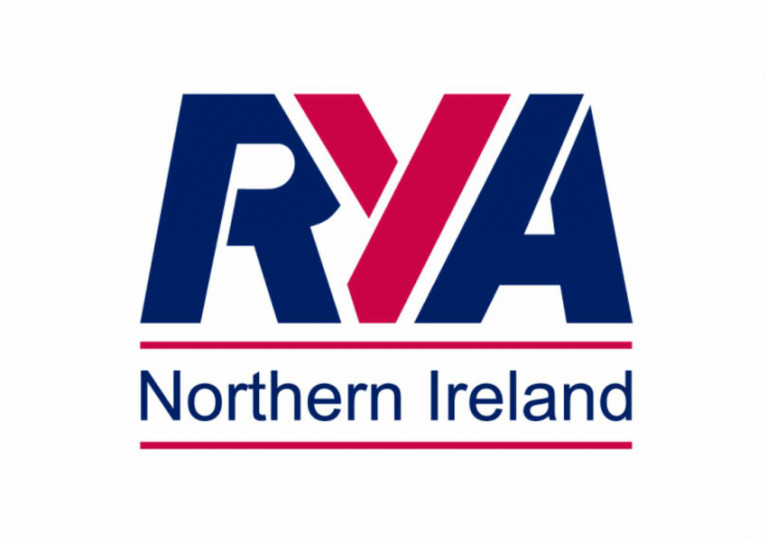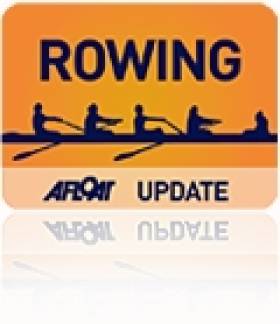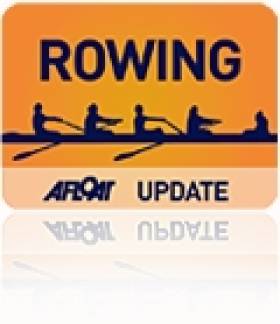Displaying items by tag: Gordon Reid
Gordon Reid Returns to RYA Northern Ireland as Development Officer
Gordon Reid has rejoined RYANI as development officer to cover Mary Martin’s maternity leave.
An architect by profession, Reid is an experienced watersport enthusiast who has also worked in club and coach development with Rowing Ireland.
The Belfast man has a background in both rowing — he has been captain at Lagan Scullers’ Club for 25 years — and dinghy sailing.
He is an active sailor and instructor at East Down Yacht Club, Killyleagh Yacht Club and NI Sea Cadets, having competed in multiple Northern Ireland and international events.
 Gordon Reid is a director of the NI Sports Forum
Gordon Reid is a director of the NI Sports Forum
But he has also been involved with powerboating, windsurfing and kayaking — not to mention club administration, as Commodore of East Down Yacht Club.
He serves as director of the NI Sports Forum, and is a member of the Sport Matters Implementation Group for Participation.
Commenting on his new role, he said: “It is great to be back and getting up to speed with the new ways we can support individuals, clubs and centres as they seek to engage and hold onto members in these difficult times.
“I look forward to meeting representative of clubs and centres over the coming weeks, and I am keen to support members in their work, so that we can all become better at what we do.”
Cork Head of the River Stands Alone as Lagan Event Falls
#ROWING: Lagan Scullers’ Head of the River, scheduled for Saturday in Belfast, has been cancelled. “The forecast was bad and getting worse,” said race director Gordon Reid this afternoon. The weather system could have made the course dangerous. Cork Head, however, is set to go ahead at the Marina on Saturday, with an entry of 280 crews. The high water levels on the Corrib have led to the early cancellation of Galway Head, which was set for St Patrick’s weekend.
Reid Lands New Post as Rowing Development Officer
# ROWING: Rowing Ireland has announced the appointment of Gordon Reid as a full time Belfast-based Club and Coach Development Officer.
Reid will be responsible for leading the development and improvement of the Rowing Ireland club development system within Northern Ireland, including delivery of a range of services to support clubs and coaches.
This is a new position and will add to the Coach Education and Club Development work already being done by Pat McInerney, Coach Education Officer.
Reid has been a director of Rowing Ireland, and a board member of the Ulster Branch.
“I am delighted to accept this position with its focus on working with clubs and coaches, and I look forward to helping them to develop skills, systems and to achieve results,” he said.
Hamish Adams, the chief executive of Rowing Ireland, said: “We are delighted to appoint someone of Gordon’s calibre to this extremely important role. Gordon’s administration and practical experience will be an asset to not only the Northern Ireland Club’s but rowing in general.”































































